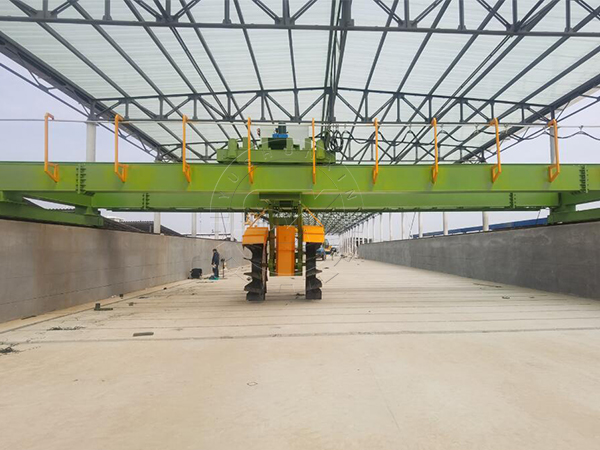How to speed up your compost?
Balance the ingredients: A good compost pile requires a balance between carbon-rich materials (often referred to as browns) and nitrogen-rich materials (often referred to as greens). Aim for a ratio of approximately 3 parts browns to 1 part greens by volume. Browns include dry leaves, straw, and shredded paper, while greens include grass clippings, vegetable scraps, and coffee grounds. This balanced mix provides the necessary nutrients and microorganisms for efficient decomposition.
Chop or shred materials: Breaking down organic matter into smaller pieces exposes a greater surface area to the composting process, enabling faster decomposition. Use a chipper, shredder, or simply chop larger materials into smaller pieces before adding them to the compost pile.
Ensure proper moisture levels: Composting organisms require moisture to thrive and break down the organic matter. Aim for a moisture level similar to a damp sponge. If your compost pile is too dry, add water using a hose or watering can. Conversely, if it’s too wet, mix in dry browns to absorb the excess moisture. Regularly check the moisture content and adjust as needed.
Turn the pile: Turning the compost pile helps aerate it and exposes different parts of the pile to fresh oxygen, which is essential for decomposition. Oxygen promotes the growth of aerobic microorganisms that break down the organic matter more efficiently. Use a compost turner to mix the materials thoroughly.

Increase surface area: Increasing the surface area of the compost pile can enhance the decomposition process. Consider using a compost bin with ventilation holes or constructing a compost pile in a manner that allows air circulation. This helps maintain aerobic conditions and speeds up decomposition.
Add compost activators: Compost activators, such as finished compost, garden soil, or commercial compost starters, introduce beneficial microorganisms into the pile and help jump-start the decomposition process. Follow the product instructions for proper application.
Maintain the right size: The size of the compost pile can impact decomposition speed. A pile that is too small may not generate enough heat, while a pile that is too large can impede airflow. Aim for a pile that is at least 3 feet high and 3 feet wide for optimal decomposition.
Monitor and adjust: Regularly monitor the compost pile’s temperature, moisture, and odor. The internal temperature should ideally reach between 120-160°F (49-71°C) to ensure the destruction of weed seeds and pathogens. Adjust the moisture and ingredients as needed to maintain optimal conditions.
